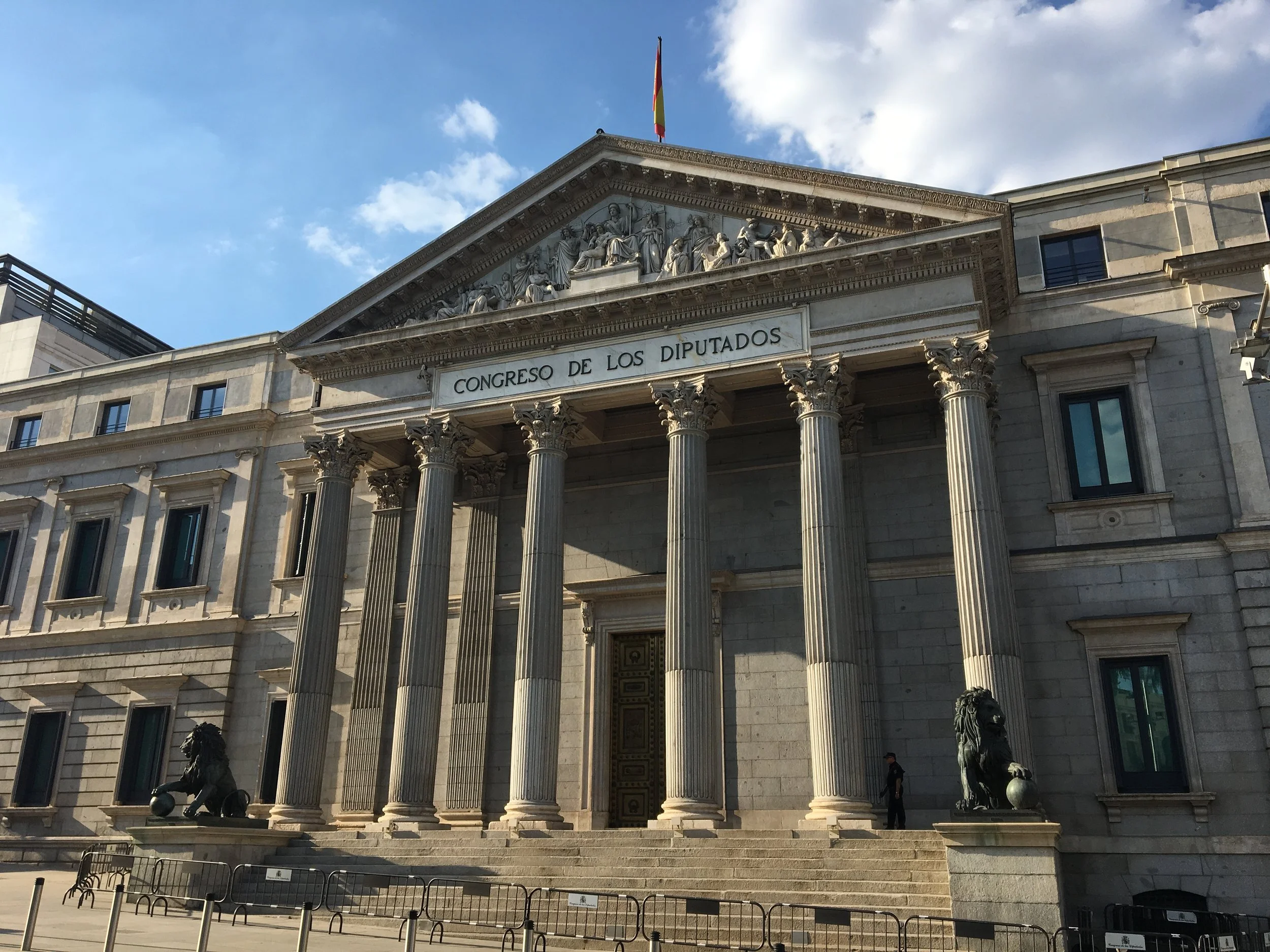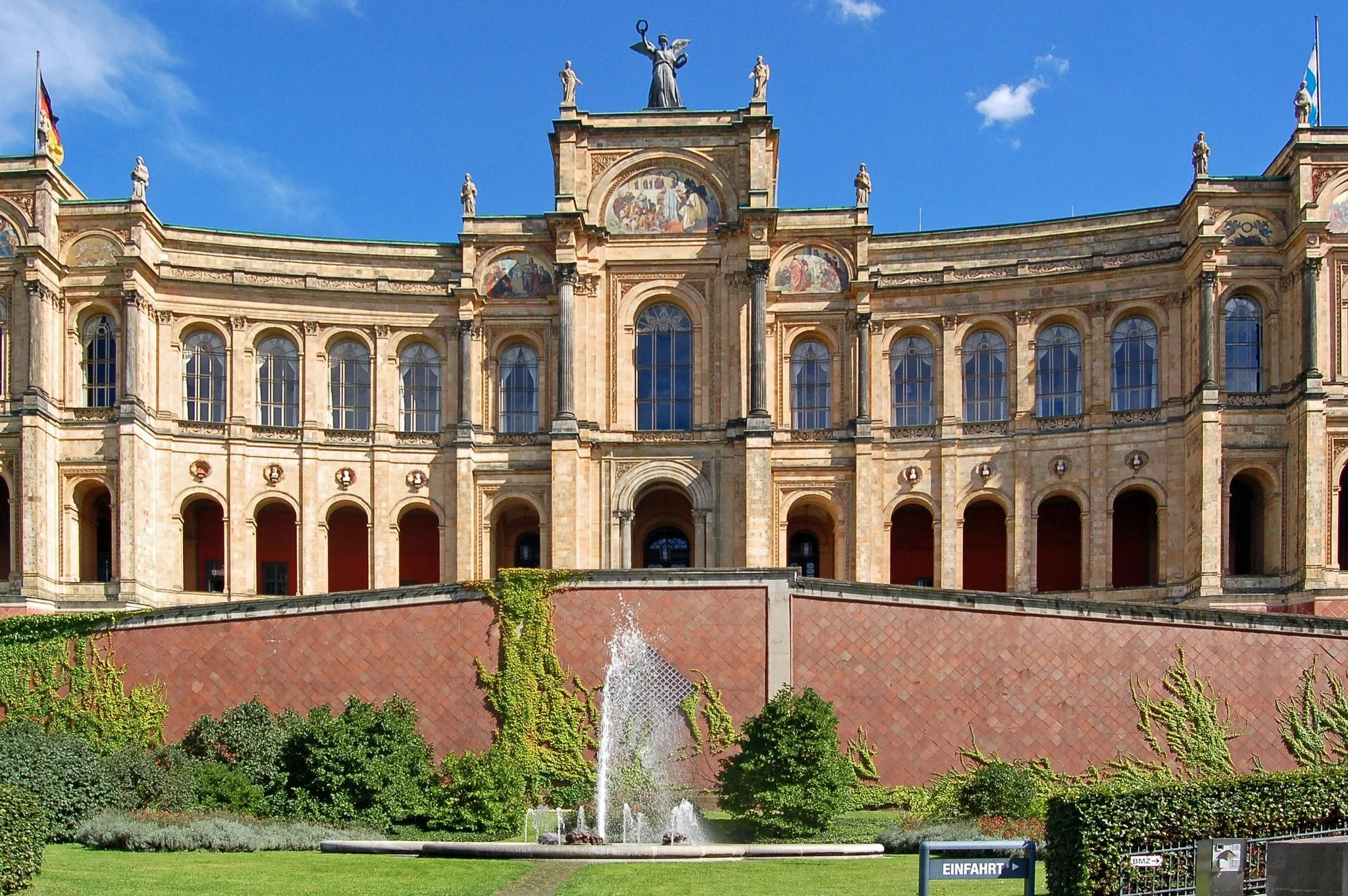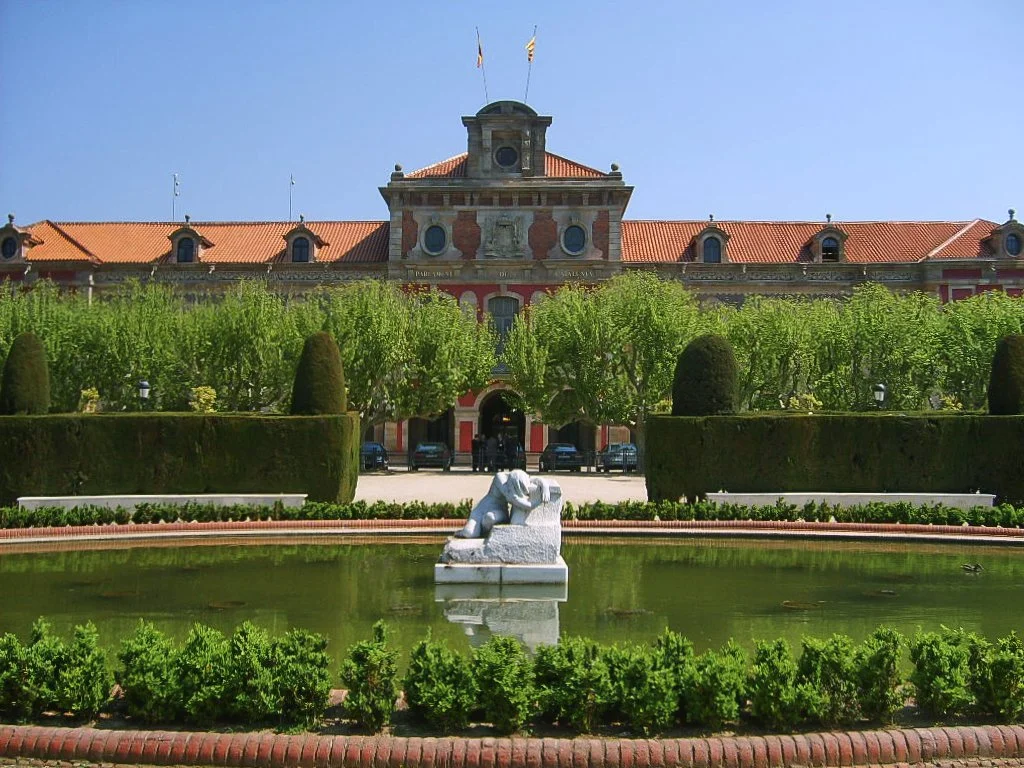
A new ERC Starting Grant, UKRI-funded project:
Studying Parliaments and the Role of Knowledge
Introducing SPARK
How is knowledge used in parliaments? What are the values that underpin knowledge use in those institutions? And what are the effects of knowledge production, acceptance and contestation on democratic governance? These are pivotal questions at a time when democratic decision-making has never been more scrutinised and contested. And while there have been many longstanding debates across philosophy, humanities and social sciences about the role of knowledge in decision-making, we still know comparatively little about the role of parliaments, and their impact on democratic governance, within such debates.
SPARK - studying parliaments and the role of knowledge - examines precisely these questions and issues through a new, five-year comparative research project from 2024 onwards.
Objectives
SPARK has three main research objectives each with two research questions:
To examine and compare patterns of knowledge use in and by parliaments. In this objective, I will identify what kinds of knowledge (e.g. scientific, experiential, legal/political, local, etc.) are used, by whom and under what circumstances.
To understand how parliaments and parliamentary actors interpret the role of knowledge. In this objective, I look at how MPs, officials, staff and stakeholders interpret different kinds of knowledge and their authority.
To evaluate the impact of knowledge use on parliamentary democracies. In this objective, I examine how parliamentary functions (e.g. law-making, representation, accountability) are affected by different kinds of knowledge.
Case study parliaments
SPARK will focus on seven parliaments across Europe.
In this project we will cover seven settings at national, supranational and subnational level. The cases were chosen for their diversity. The UK’s long-established and well-resourced parliamentary administration offers an insight into knowledge use in a different way from Spain’s comparatively new infrastructure of advisory mechanisms, for example. Meanwhile, the three national settings will offer different types of political systems, priorities and cultures for better understanding knowledge use and comparing different factors. At sub-national level, the team compares different types of institutions once again. While the German federal structure has existed since the state was formed following the Second World War, the Scottish Parliament is a young and still maturing institution. In all three, the political dynamics at play are interesting and the place that the three subnational areas play in their respective wider political systems. And finally, how does knowledge use vary with a supranational parliament? The European Parliament is a unique institution, which often prides itself on interest-group involvement. How does this shape its knowledge use? One of the added values of this project is the multi-level possibilities: understanding knowledge use across national settings, but also within national settings, and how things might travel - or not - from the subnational, to national, and to supranational level.
SPARK will focus on themed policy areas and identify specific case studies within them.
-
Research on this policy area is well-developed, which is closely linked to the ‘evidence-based medicine’ movement from the 1980s and 1990s, and the subsequent focus across Europe for ‘evidence- based policy’ (Smith, 2013). Furthermore, healthcare has complex relationship around medical knowledge and policy debates, raising interesting questions about the role of democratic decision-making for an issue that often has high levels of priority.
Within this broad theme, the project team will identify and analyse specific case studies around particular health challenges or public initiatives, such as obesity.
-
Environmental policy is particularly interesting for two reasons. First, the international nature of many debates allows for meaningful comparisons across Europe (and beyond), meaning a comparative focus is especially enticing. Second, there are a diverse set of knowledge claims around environmental issues from a vibrant and internationalised civil society, allowing analysis of many different types of knowledge in policymaking, complementing the likely complexity of debates around healthcare.
The project team will identify and develop specific case studies around particular and local environmental challenges, such as flooding, water quality or biodiversity loss, or initiatives to address the climate crisis, such as housing insulation programmes or carbon-capture investment.
-
While environmental and healthcare debates can be dominated by the natural sciences, welfare issues are more often associated with the social sciences. Furthermore, it also strikes at the heart of what the state aims to achieve, linked often to wider economic questions and debates. It is an emotive area, which has also become a significant area of debate following Covid-19, associated with changing patterns of work-life balance, social security, and productivity. Finally, the welfare states across European governance are very differently organised.
The project team will identify and develop specific case studies that may include unemployment initiatives, dealing with the productivity challenge across Europe, or the ageing population across the parliamentary settings.
Approach and methods
This project is underpinned by an interpretive approach to the social sciences. This perspective places meanings - including values, beliefs, sentiments, passions, etc. - at the heart of social and political inquiry to explain political outcomes. Interpretive approaches have gained traction in recent years in political sciences, and especially use of ethnographic methods. However, interpretive research could still go further by experimenting with quantitative methods and tools, and to conduct comparative research. This is one area where SPARK seeks to innovate and push interpretive research into new terrain. The project team will study parliaments using a baseline of six tools outlined here, and consider further ways to understand how knowledge is gathered, analysed and used in parliaments. Importantly, the team acknowledges that no single, individual tool will get a full picture of knowledge use - it is the combination across different tools that we can gain a detailed view.
Citation analysis
Using this technique, the project team will attempt to gather and code references in documents, and follow these references along different chains of documents to understand how knowledge travels across texts. Such techniques have been used to track impact of research and some research has also emerged looking at policy documents. We want to take this a step further by looking at parliamentary documents, such as research briefings produced by parliamentary research services or reports published by committees.
Interviews
Interviews will be conducted with key parliamentary actors, including MPs, their staff, civil servants, parliamentary officials, and key stakeholder groups. Interviews will focus on the beliefs, attitudes and interpretations associated with knowledge use, and to discuss specific examples of their use. Interviews will help us to better understand how MPs and others interpret the role of knowledge and judge their authority.
Corpus analysis
The project team will analyse the speeches and contributions of MPs in plenary chambers and in committees to identify how different forms of knowledge are used to support or oppose particular arguments and positions. It will be used to examine what sources MPs use and how they frame those sources in debates and contributions. Again, some of this has been done before to look at framings of political debates; but the link to the sources of knowledge could be pushed further - this is what we will try to do.
Observation
The project team will observe public interactions at committee hearings and in chamber debates to focus on the ways that MPs use knowledge and their interpersonal relations. Where possible, the team will also seek to undertake in-depth and embedded fieldwork in each parliament to gain a detailed understanding and intricate nuances of how MPs and official handle different types of knowledge on a daily basis - and how their beliefs interact with their behaviour.
Stakeholder database
In previous research, it has been possible to gather large quantities of data about who submits and participates in committee deliberations. As part of this project, the team will similarly identify different organisations and groups, and create a dataset for the case study parliaments and policy arenas to better understand the networks of knowledge producers, brokers and users, and how this may influence and shape parliamentary activities.
Qualitative content analysis
As part of the ethnographic approach, the team will make use of documents and texts to immerse themselves fully in their parliamentary environments. This will include reports published by committees, briefings published by officials, and documents from stakeholders - think tank reports, academic insight blogs, NGO briefing papers, etc. This will enable the team to gain a textured account of the role of knowledge, complementing other research techniques.
SPARK-net
Through SPARK, the hope is to conduct significant new research about the relationships between parliaments and knowledge. But this project is not the first attempt, nor is it exhaustive in its approach, methods or cases. In fact, there is a range of research that has examined the intersection of parliaments and knowledge. A lot of this has historically been based on small or singular case studies. And most important, the literature has been fragmented in the past, and scholarship hasn’t been building on one another.
This project will seek to bring like-minded scholars on this topic together, with the aim to:
Learn from one another, disseminate findings and raise the profile of this kind of research;
Drive forward a collective and plural intellectual agenda for studying this topic;
Create networking opportunities for scholars and practitioners to work together; and,
Inform parliamentary practices and improve how parliaments use different types of knowledge.
This is a bit of an experiment, and it is not yet clear if a wider network of scholars studying parliaments and the role of knowledge would be beneficial. But if you are interested in taking part, please get in touch!
Get in touch
If this project - and especially the idea of SPARK-net - interests you, and/or you had ideas or thoughts and want to get in involved, then please feel free to get in touch below or by sending an email to the PI (Marc Geddes).
More information and next steps…
At the time of writing, February 2024, the project has begun to start up. Some interesting developments that might interest you (if you have read all this way!):
The PI has begun to reach out to colleagues about bringing scholarship together through SPARK-net. If you are interested, please get in touch!
SPARK is currently looking for two post-doctoral research fellows to join the team. Find out more HERE and HERE for the two job opportunities.
In spring, applications will open for a funded PhD scholarship that will allow a student to develop their own project within SPARK.
Funding and support
This research project was selected for funding by the European Research Council as part of its Horizon Programme Starting Grant call. You can find final copies of my application form here (B1) and here (B2).
Due to Brexit, this project is funded through the UK Research and Innovation (UKRI) Frontier Research Guarantee, and is based at the University of Edinburgh.









